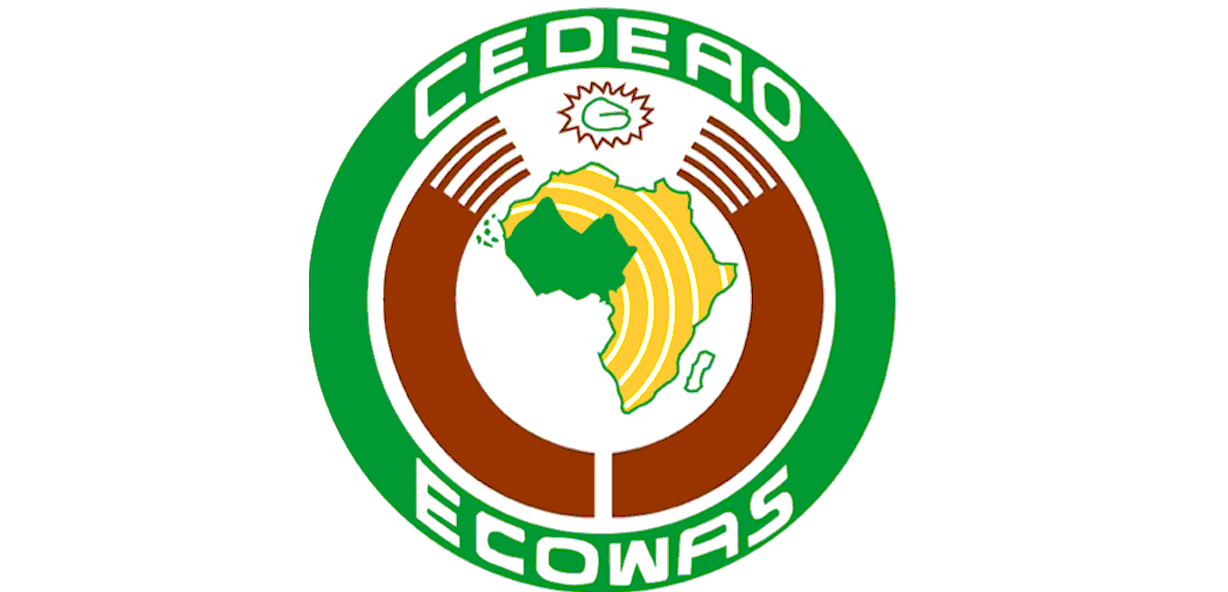Understanding ECOWAS: The Economic Community Of West African States
ECOWAS, or the Economic Community of West African States, plays a crucial role in promoting economic integration and political stability in West Africa. Established in 1975, ECOWAS aims to foster cooperation among member states to enhance trade, security, and development. This article delves into the fundamental aspects of ECOWAS, its history, objectives, and the challenges it faces, while providing a comprehensive understanding of its impact on the region.
As the world becomes increasingly interconnected, regional organizations like ECOWAS are essential for addressing common challenges and seizing opportunities for growth. With a population of over 300 million people and a combined GDP of more than $600 billion, ECOWAS represents a significant economic force in Africa. Understanding its structure and operations can provide insights into the future of West Africa.
This article is organized into several sections that explore various dimensions of ECOWAS, including its history, objectives, member states, and current challenges. Through this exploration, we aim to present a well-rounded view of the organization, enhancing your understanding of its role in West African affairs.
Table of Contents
- 1. History of ECOWAS
- 2. Objectives of ECOWAS
- 3. Member States of ECOWAS
- 4. Governance Structure of ECOWAS
- 5. Economic Integration Initiatives
- 6. Security Cooperation
- 7. Challenges Facing ECOWAS
- 8. The Future of ECOWAS
1. History of ECOWAS
ECOWAS was established on May 28, 1975, in Lagos, Nigeria, through the signing of the Treaty of Lagos. The founding members recognized the need for a collective approach to address economic challenges and promote regional cooperation. Over the years, ECOWAS has evolved, responding to the dynamic political and economic landscape of West Africa.
In the early years, ECOWAS focused primarily on economic integration and trade issues. However, as the region faced political instability and conflicts, the organization expanded its mandate to include peace and security initiatives. This shift led to the establishment of the ECOWAS Monitoring Group (ECOMOG) in the 1990s, which played a crucial role in peacekeeping missions in Liberia and Sierra Leone.
2. Objectives of ECOWAS
The primary objectives of ECOWAS are outlined in its founding treaty and include:
- Promoting economic integration and trade among member states.
- Enhancing cooperation in various sectors, including agriculture, transport, and telecommunications.
- Facilitating the free movement of people and goods across borders.
- Strengthening democratic governance and human rights in the region.
- Addressing security challenges through collective action.
3. Member States of ECOWAS
ECOWAS comprises 15 member states, each contributing to the organization's goals. The member states are:
| Country | Year Joined |
|---|---|
| Benin | 1975 |
| Burkina Faso | 1975 |
| Cape Verde | 1977 |
| Côte d'Ivoire | 1975 |
| Gambia | 1975 |
| Ghana | 1975 |
| Guinea | 1975 |
| Guinea-Bissau | 1989 |
| Liberia | 1975 |
| Mali | 1975 |
| Nigeria | 1975 |
| Sierra Leone | 1975 |
| Senegal | 1975 |
| Togo | 1975 |
4. Governance Structure of ECOWAS
ECOWAS operates through a complex governance structure that facilitates decision-making and implementation of policies. The key institutions include:
- Authority of Heads of State and Government: The highest decision-making body, consisting of the heads of state of member countries.
- Council of Ministers: Composed of ministers from member states responsible for regional affairs.
- ECOWAS Commission: The executive arm tasked with implementing policies and programs.
- ECOWAS Parliament: A platform for dialogue and representation of the citizens of member states.
5. Economic Integration Initiatives
ECOWAS has implemented various initiatives to promote economic integration, such as:
- Common External Tariff (CET): Aims to harmonize tariffs on goods imported from outside the community.
- ECOWAS Trade Liberalization Scheme (ETLS): Facilitates the free movement of goods produced within member states.
- Regional Infrastructure Development: Investments in transportation and energy projects to enhance connectivity.
6. Security Cooperation
Security is a critical aspect of ECOWAS's mandate, especially in light of conflicts and terrorism in the region. Key security initiatives include:
- ECOWAS Standby Force: A regional military force established to respond to crises and maintain peace.
- Conflict Prevention Framework: Mechanisms to address disputes and prevent conflicts before they escalate.
- Collaboration with International Partners: Working with the African Union and United Nations for peacekeeping efforts.
7. Challenges Facing ECOWAS
Despite its achievements, ECOWAS faces several challenges, including:
- Political Instability: Frequent coups and governance issues in member states hinder progress.
- Economic Disparities: Varied economic development levels create inequalities among member states.
- Security Threats: The rise of terrorism and organized crime poses significant risks to regional stability.
8. The Future of ECOWAS
The future of ECOWAS hinges on its ability to adapt to emerging challenges and seize opportunities for growth. Key focus areas include:
- Strengthening Governance: Promoting democratic practices and accountability in member states.
- Enhancing Economic Cooperation: Expanding trade agreements and investments in infrastructure.
- Regional Security Strategies: Developing comprehensive approaches to combat insecurity and promote peace.
Conclusion
In summary, ECOWAS plays a vital role in fostering economic integration and political stability in West Africa. Understanding its history, objectives, and current challenges provides valuable insights into the region's future. As ECOWAS continues to navigate complex issues, it remains essential for member states to collaborate and work towards common goals for the benefit of their citizens.
We invite you to share your thoughts on ECOWAS in the comments, and encourage you to explore more articles on our site to stay informed about developments in West Africa.
Closing Remarks
Thank you for taking the time to read this article on ECOWAS. We hope you found it informative and engaging. Please visit our site again for more insightful articles on regional and global topics.
SBA Airport: A Comprehensive Guide To Santa Barbara Airport
Everything You Need To Know About SchoolDude: The Ultimate School Management Solution
SailorScholar Leaks: Unveiling The Truth Behind The Controversy


